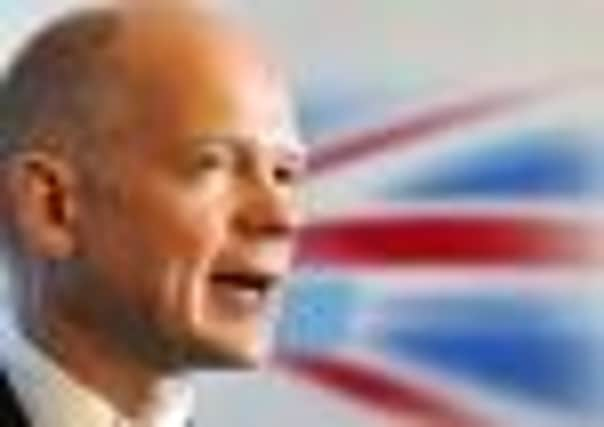William Hague insists withdrawal from Afghanistan is on schedule


The Foreign Secretary said there would be a phased transfer of responsibility to the Afghan National Army.
He said he expected local troops to take “lead responsibility” during 2013.
Advertisement
Hide AdAdvertisement
Hide AdShadow foreign secretary Douglas Alexander had raised concerns in the Commons about comments from US Defence Secretary Leon Panetta about a US withdrawal from combat roles in 2013.
Mr Alexander said: “Mr Panetta only last week said ‘hopefully by mid to the latter part of 2013, we will be able to make a transition from a combat role to a training and advice and assistance role’. This comment was confirmed by the Prime Minister’s official spokesman.
“Given the integrated nature of ISAF’s work, both in Helmand and across Afghanistan, are you seriously suggesting British military personnel will be involved in combat operations for potentially between a year and 18 months after our American allies have transferred from combat operations to providing training and advice and assistance?”
But Mr Hague said there was no difference in position between the allied countries operating in Afghanistan.
He told the Commons: “The US Defence Secretary has stressed US forces will remain combat capable and ready in Afghanistan to the end of 2014. He has also said very clearly we have got to stick to the Lisbon strategy - the United States has a very strong commitment to Lisbon and to the strategy that was laid out there.
“That is a strategy that involved withdrawing from a combat role after the end of 2014.
“Sometimes in the reporting of comments there is confusion between lead responsibility and full responsibility.
“We expect Afghan forces to have lead responsibility across Afghanistan in mid-to-late-2013 and indeed they have lead responsibility for many operations now in Helmand.
Advertisement
Hide AdAdvertisement
Hide Ad“Full responsibility, that is full transition to Afghan security control is from the end of 2014.
“We are not conscious of any difference on this between the approach of the United States and their intention for their armed forces, and ours. Nor would we want there to be any difference.”
Making his quarterly update on Afghanistan to the Commons, Mr Hague said there had been steady progress in Afghanistan in recent months.
In December, an international conference in Lisbon met to agree a strategy for moving forward towards withdrawal.
He said a series of meetings, including a visit to the UK by the Pakistan foreign minister on February 21, would continue to work on improving the situation in Afghanistan.
Mr Hague told MPs: “Serious challenges remain in Afghanistan. There will undoubtedly be setbacks and difficulties ahead but we are making steady progress.
“In 2012, it will be an important year to consolidate this progress and strengthen the international commitment to Afghanistan and long term partnership with its people.”